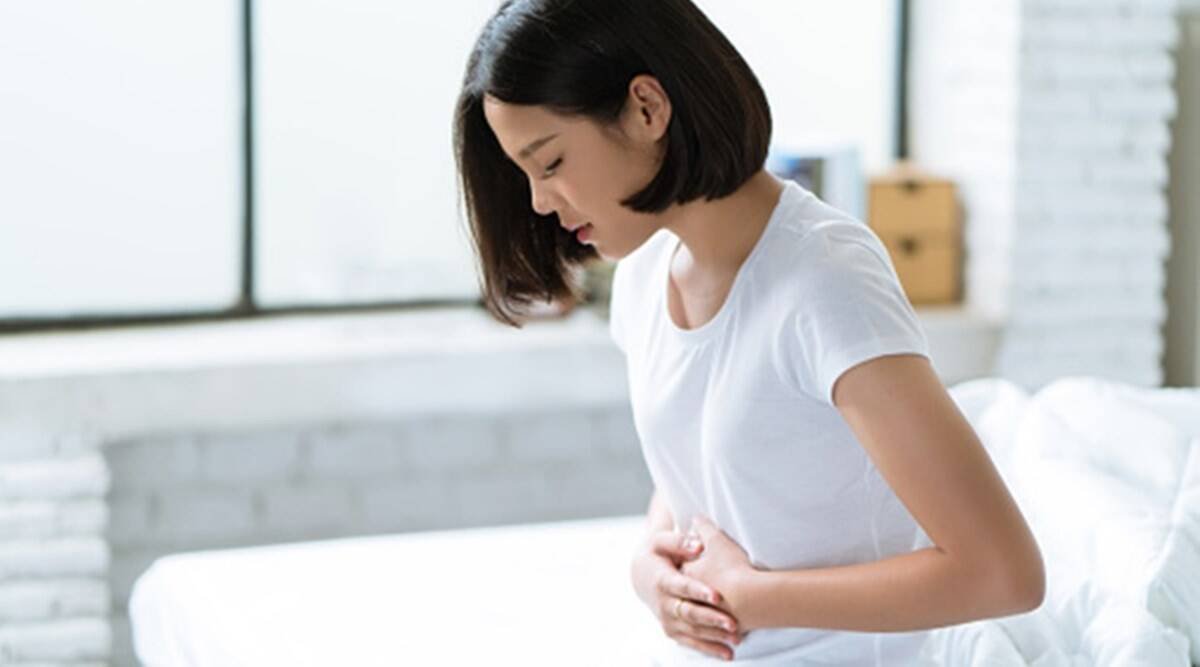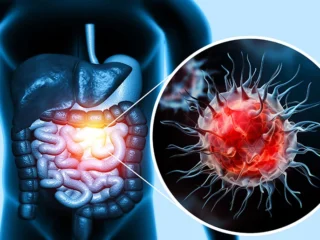New Delhi, 10 June 2025: India is witnessing a sharp and concerning rise in cases of Polycystic Ovary Syndrome (PCOS) and Polycystic Ovary Disorder (PCOD), especially among young women in urban and semi-urban regions. These hormonal disorders, which affect the ovaries and reproductive health, are now being diagnosed in girls as young as 15. According to leading gynecologists and endocrinologists, the increasing prevalence of sedentary lifestyles, unhealthy diets, chronic stress, lack of physical activity, and environmental pollution are major contributors to this growing health crisis among Indian women. What was once considered a rare hormonal imbalance has now become one of the most common endocrine disorders among women of reproductive age in the country.
Understanding PCOS and PCOD: What’s the Difference and Why It Matters
While PCOS and PCOD are often used interchangeably, they are not exactly the same. PCOD refers to a condition where the ovaries release many immature or partially mature eggs which eventually become cysts. PCOS, on the other hand, is a more severe metabolic disorder where hormonal imbalances cause anovulation, high androgen levels, insulin resistance, and long-term risks such as diabetes and cardiovascular diseases. Both conditions are linked to irregular menstrual cycles, excessive facial hair growth, acne, weight gain, and difficulty in conceiving. The most troubling aspect is that many women are unaware they have PCOS or PCOD until they face fertility issues or complications during pregnancy.
Why PCOS and PCOD Are Becoming So Common in India
The exponential rise in PCOS and PCOD among Indian women can be attributed to a combination of genetic, lifestyle, and environmental factors. Experts point out that Indian diets high in refined carbs, sugar, and saturated fats coupled with low levels of fiber and protein contribute to weight gain and insulin resistance—two of the primary triggers of hormonal imbalance. Urban working women often experience chronic stress, erratic sleep schedules, and inadequate exercise, which further worsen the symptoms. Environmental toxins such as plastic pollutants, pesticides in food, and endocrine-disrupting chemicals in cosmetics and packaged foods also play a role in aggravating the condition.
The Silent Symptoms: Why Early Diagnosis Is Often Missed
One of the major challenges with PCOS and PCOD is that the symptoms are often mistaken for routine hormonal fluctuations or menstrual irregularities. Many women do not seek medical help until the symptoms become severe or when they experience complications such as infertility or recurrent miscarriages. Common signs include irregular periods, excessive hair growth on the face and body (hirsutism), acne, dark patches on the neck, weight gain around the abdomen, and mood swings. Some women also suffer from sleep disorders, anxiety, and depression. This delay in diagnosis not only makes treatment more difficult but also increases the risk of long-term complications like Type 2 diabetes, high blood pressure, and endometrial cancer.
How Rising PCOS and PCOD Rates Are Affecting Fertility in Indian Women
The impact of PCOS and PCOD on fertility is significant. These disorders interfere with the normal ovulation process, leading to anovulation or irregular ovulation, which in turn reduces the chances of natural conception. Many Indian women in their late 20s and early 30s are now seeking fertility treatments due to undiagnosed or untreated PCOS. IVF clinics and fertility centers across metro cities have reported a noticeable increase in patients with underlying hormonal disorders. Moreover, untreated PCOS during pregnancy can lead to complications such as gestational diabetes, preeclampsia, premature birth, and low birth weight babies. This makes timely intervention and treatment even more critical.
Treatment and Management: What Women Can Do to Control PCOS and PCOD
The good news is that PCOS and PCOD are manageable with the right medical care, lifestyle changes, and long-term discipline. Doctors recommend regular physical activity, a balanced low-carb diet rich in protein and fiber, stress reduction techniques like yoga or meditation, and adequate sleep. Weight management is often the first line of treatment, as even a 5–10% reduction in body weight can help restore hormonal balance and improve menstrual regularity. In more severe cases, medications such as hormonal birth control, insulin-sensitizing agents like metformin, and fertility drugs may be prescribed. Women are also advised to undergo regular health check-ups, blood tests, and pelvic ultrasounds to monitor the condition.
Mental Health and PCOS: The Overlooked Connection
Another often ignored aspect of PCOS and PCOD is the toll it takes on a woman’s mental and emotional well-being. The visible symptoms like acne, hair loss, and weight gain can lead to body image issues, low self-esteem, and depression. The hormonal fluctuations themselves can cause mood disorders and anxiety. Many women silently struggle with these emotional challenges, further delaying treatment or making lifestyle changes harder to sustain. Mental health professionals now recommend integrating psychological counseling as part of a comprehensive PCOS management plan, especially for adolescents and young adults who are newly diagnosed.
Need for Awareness and Early Intervention: What India Must Do Now
Given the rising numbers and long-term health risks associated with PCOS and PCOD, India urgently needs a nationwide awareness and screening campaign targeting young women. Schools, colleges, and workplaces must include menstrual and reproductive health education as part of their wellness initiatives. Parents should be encouraged to seek early gynecological consultations for teenage girls showing signs of hormonal imbalance. At a policy level, integrating PCOS screening under public health programs like Ayushman Bharat could help detect and manage the condition at an early stage. Digital health platforms and mobile apps are also being explored as tools for menstrual tracking and early risk assessment.
PCOS and PCOD are no longer rare conditions—they are silently affecting millions of Indian women and disrupting their physical, emotional, and reproductive well-being. The steep rise in cases reflects not just changing lifestyles but also deeper systemic issues like lack of awareness, delayed diagnosis, and limited access to specialized care. However, with the right mix of education, early intervention, lifestyle correction, and consistent medical guidance, PCOS and PCOD can be effectively managed. Every woman deserves to live a healthy, balanced life, and tackling the PCOS epidemic begins with awareness, action, and empowerment at every level—from the individual to the national healthcare system.







